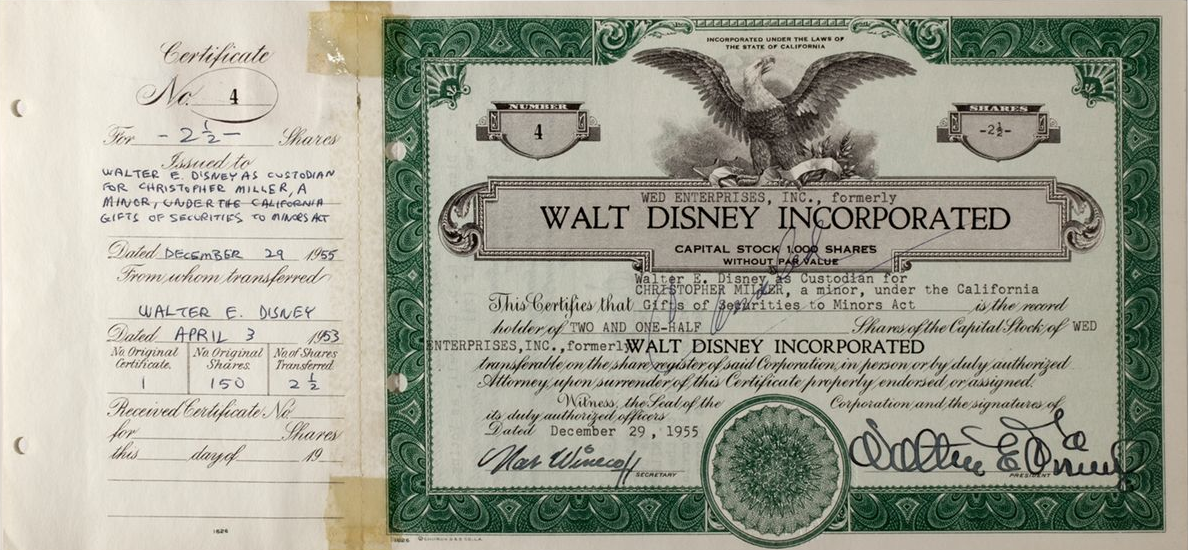Phil's accusations about Walt are crap, period. If you guys want to read the real story, check out Bob Thomas' excellent biography which covers the topic. Thomas knew and interviewed Walt and had access, without restriction, to the Disney archives and conducted interviews with Walt's workers and family. His biography is impeccable and has never been challenged as to credibility, as have some others ("Hollywood's Dark Prince", for example.) Bottom line, Walt wanted to get more financially out of HIS company, plus he wanted more creative freedom. His desire was not to defraud stockholders. He had been through a hell of a lot, financially and emotionally, and he wanted some security. Here's another source, Joshua Kennon, who's talked about the topic, and here is one of his comments when someone asked him if Walt was a thief:
See? That's the problem. No, he wasn't (a thief). At least, technically. Everything he did was legal. And, you might even argue, he deserved it given that he was the creative and business genius behind the empire. It was certainly less lucrative than if he had just used a hedge fund compensation agreement, so he makes today's contracts look positively quaint.
But it looks bad. Maybe that doesn't matter. After all, in the article about the Disney IPO, a single block of 1,000 shares bought in 1957 for $13,880 ended up growing to somewhere between $26,672,640 and $40,000,000. How can an investor complain? It is literally one of the best performances in the history of the world. If anything, Walt was underpaid.
I think it was about control. If you look at what happened to him early in his career, and his psychology profile, I think he wanted to intertwine himself with his business so much that it was impossible for anyone to take it away from him again, or for him to ever suffer through loses as a result of an artist strike, like happened with his animators in the past. He always had a kill switch following those painful early life lessons; mechanisms of power that would make it practically inconceivable that he would ever be at a disadvantage to any other stakeholder and that there was no doubt it was his playground and you were along for the ride, for better or worse.
Part of it could be too that he wanted to be well paid, and executive compensation was pathetic back then compared to today. By structuring it this way, not only did he enjoy much more lucrative pay checks, but he put together a family portfolio of assets that continued generating cash after he died so that his family still enjoyed great wealth even when he wasn't around to mint capital.
Strategically, it was brilliant. It's up for personal interpretation about the morality of his actions.
https://www.joshuakennon.com/wed-enterprises-inc-the-private-family-holding-company-of-walt-disney/




